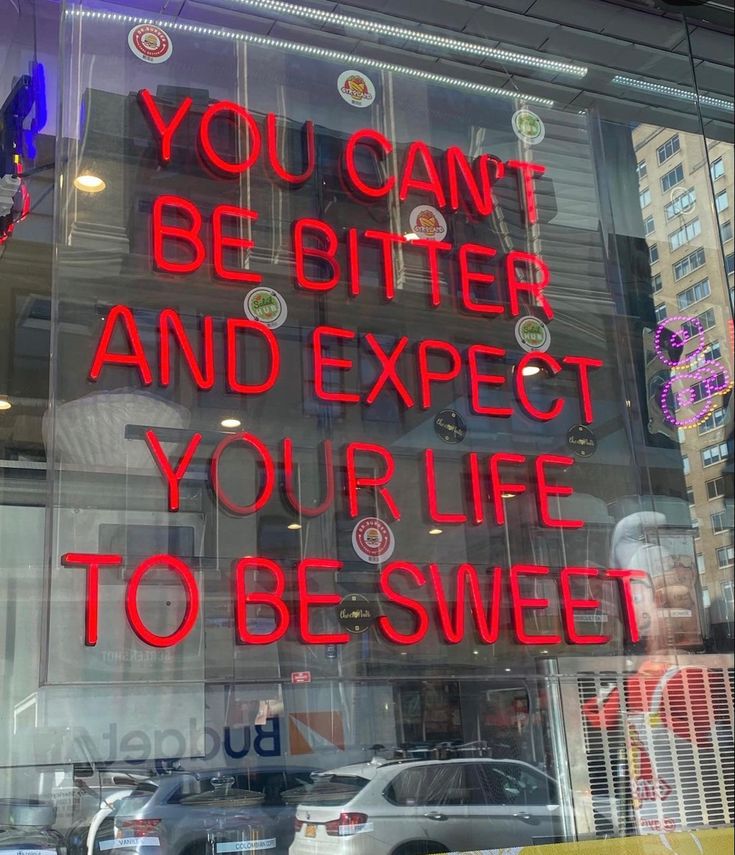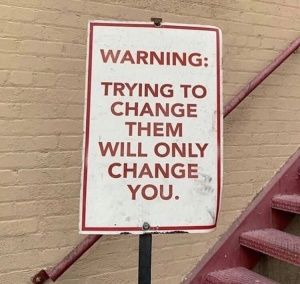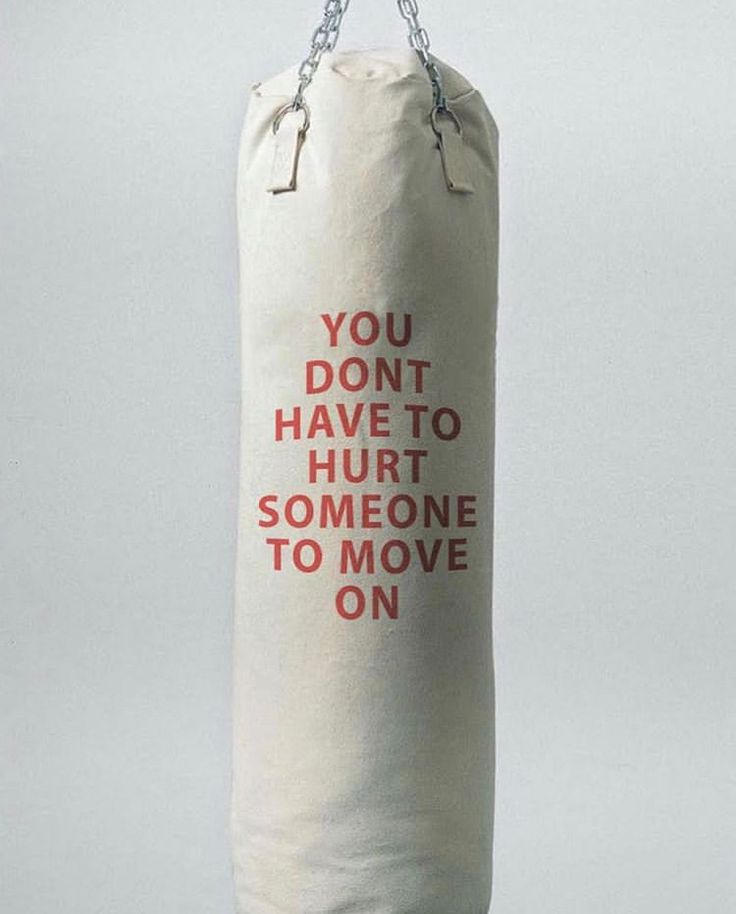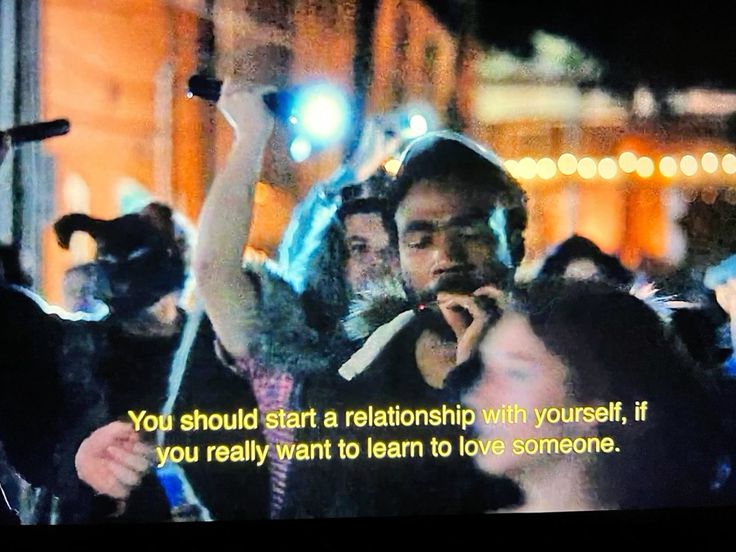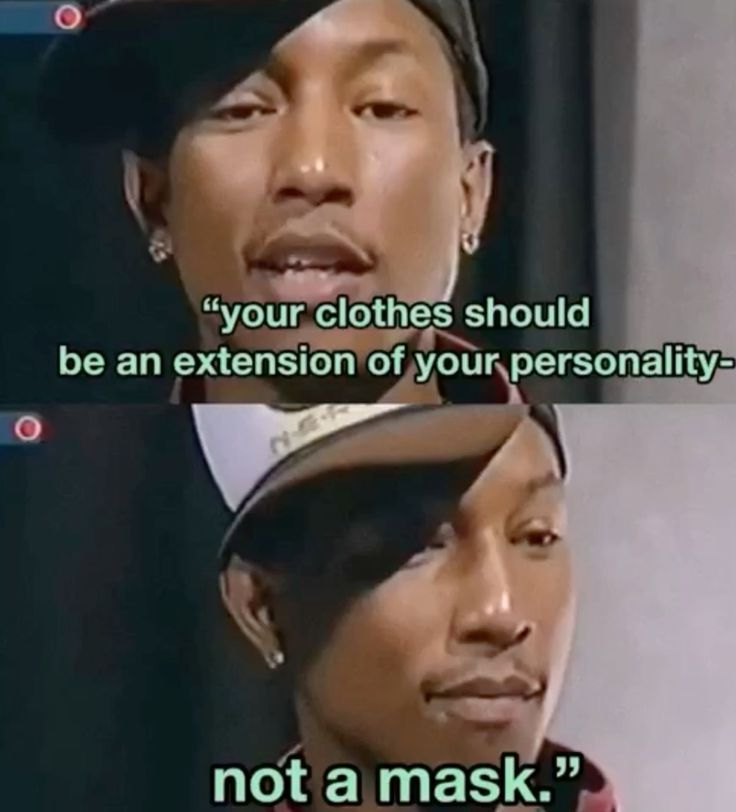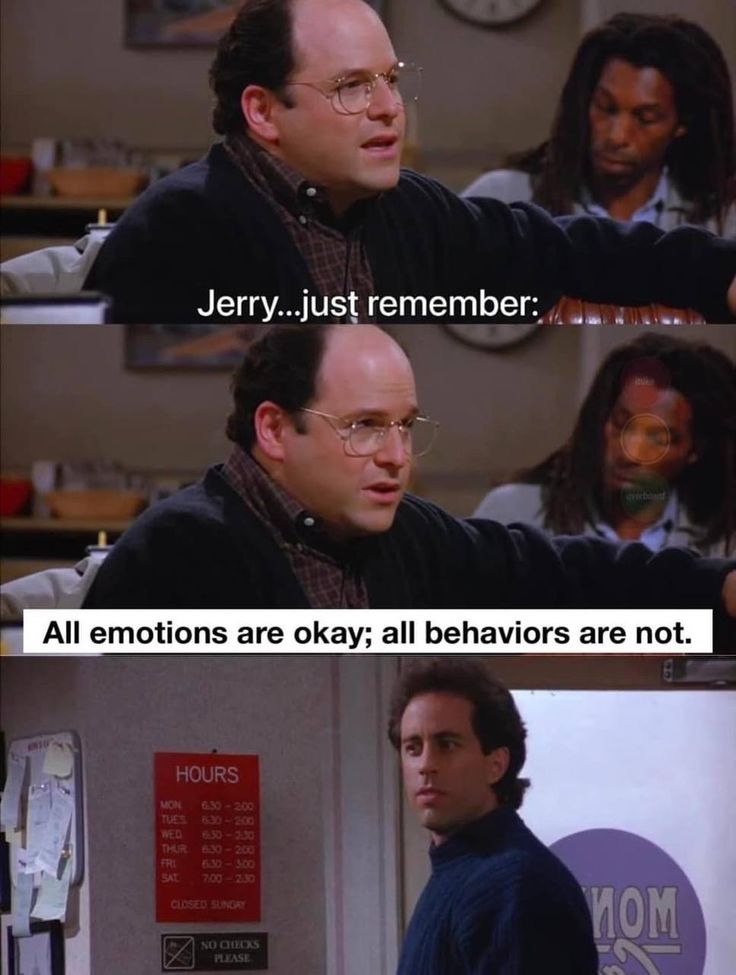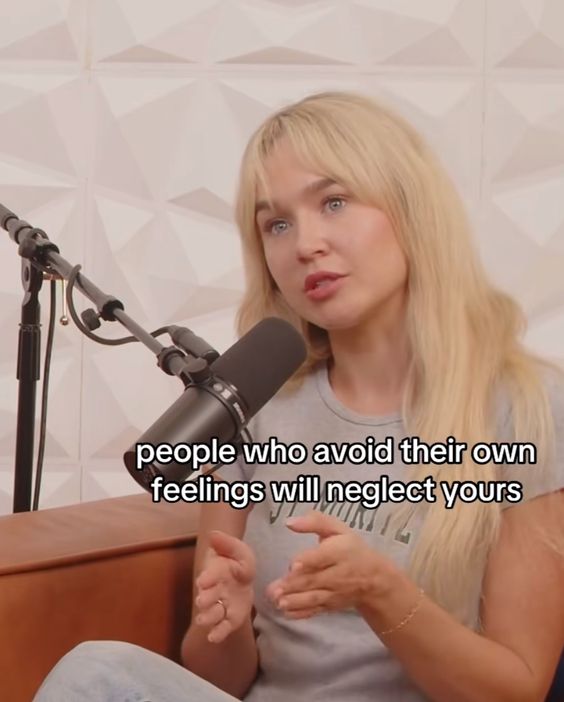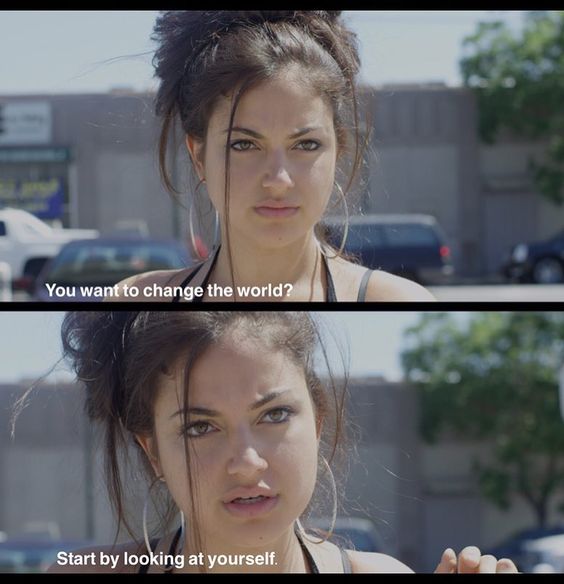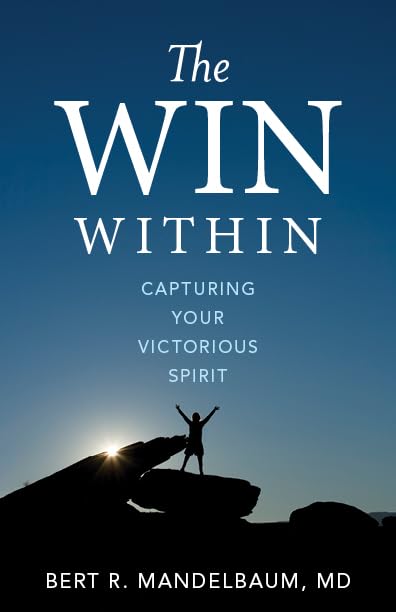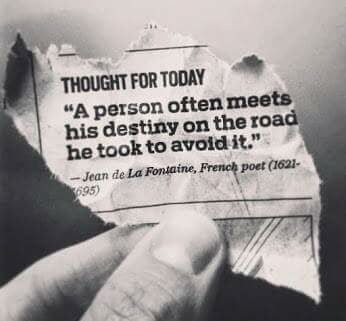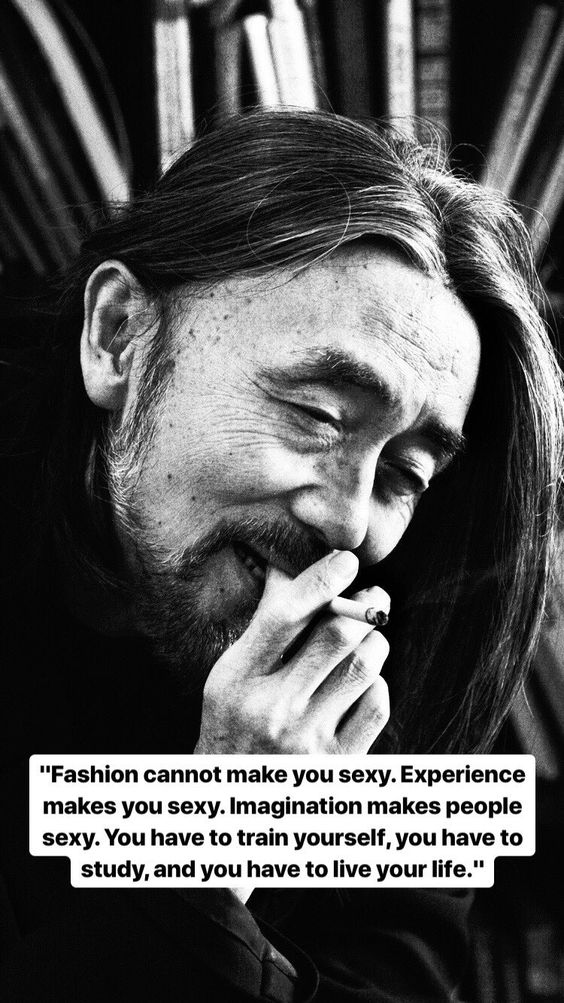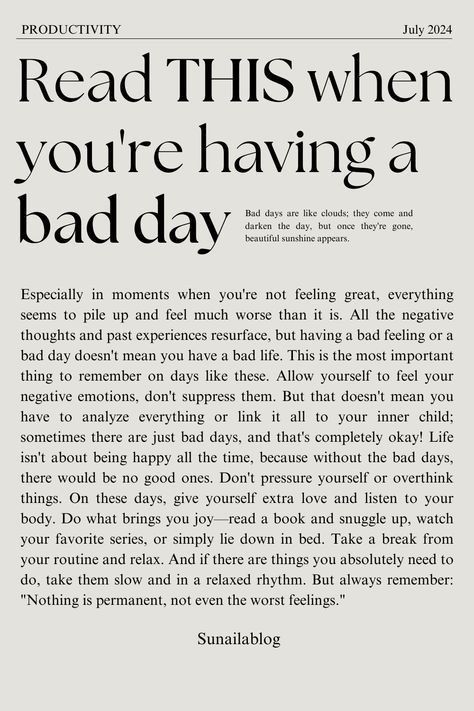“Two is twice as good as one, but one is infinitely better than zero.
- One minute of making sales calls is infinitely better than zero minutes.
- One minute of meditation is infinitely better than zero minutes.
- One minute of writing is infinitely better than zero minutes.
Sure, it might be ideal to spend an hour doing these things, but one minute gets you in the game. Now you’re learning. Now you’re improving. Now results are possible. One doesn’t seem like much, but it’s something real. At zero, you’re still dreaming.”
James Clear
“We should all feel ownership of the history of our species and understand that the very specific genetic makeup that helped our ancestors succeed is still very much present in us. When we start regarding ourselves as born athletes and natural survivors, we’re in a better position to overcome the challenges of life and reach our peaks.”
Bert R. Mandelbaum, MD, via The Win Within (Page 19)
“One of my patients, an award-winning television producer with several hit shows, struggled with weight issues from childhood. It impacted her health, joints, and gait. I fixed an orthopedic problem, and set a course for rehab. I also took the opportunity to talk to her about overall well-being. I mentioned that she might not know it, but she’s intrinsically hardwired to be an athlete. I told her that she’d already mastered how to channel the forces of will and determination, as seen in other parts of her life, and that it’s a matter of adapting what she already has to this kind of project: herself! She started with small accomplishments, walks and hikes, and in time progressed to running. Now, she’s fallen in love with it, never having believed that she could be a fifty-plus woman, jogging up and down hills, showing up as her best self.”
Bert R. Mandelbaum, MD, via The Win Within (Page 4)
“People often ask me about the behind-the-scenes mechanics of my work with elite athletes. They want to know the mysterious process that motivates the extraordinary among us. How do they reach such high levels of performance? And how do they go from a devastating injury to return-to-play? How do they stick it out when they suffer a setback that would put others out of the arena for good? The short version is this: They marshal their inner victorious spirit—a resource that is inside all of us—to push through setbacks and perform at peak levels, physically and mentally. They capitalize on the genetic legacy of survival and perseverance that’s part of our collective history, using their biological drive not just to survive, but to thrive.”
Bert R. Mandelbaum, MD, via The Win Within (Page 1)
The Win Within: Capturing Your Victorious Spirit [Book]
Book Overview: As an orthopedic surgeon, a finish-line physician, and a USA team doctor at the World Cup and the Olympics, Dr. Bert Mandelbaum has witnessed the trials and triumphs of elite athletes from a vantage point few of us get. And over his twenty-plus years of experience, he’s identified a common character trait that every elite athlete relies upon for success: it’s what he calls the ”victorious spirit.” In The Win Within, Mandelbaum reveals that any of us–no matter our age or physical condition–can capture that same spirit in our own lives. This inner drive to win resides in all of us, he argues, hardwired into our DNA by ancestry dating back millions of years. You’ll learn how to view life the way a top-performing athlete does: relentlessly, tenaciously, positively, and focusing less on the finish line of the marathon and more on the 26.2 miles that precede it. With narrative support ranging from the lessons of our early ancestors to Mandelbaum’s stories of our modern-day gladiators (both household name and lesser known), The Win Within will give you a greater understanding of how and why we’re all hardwired to win–and you’ll come away with no shortage of tactics and motivation to capture your own victorious spirit.
